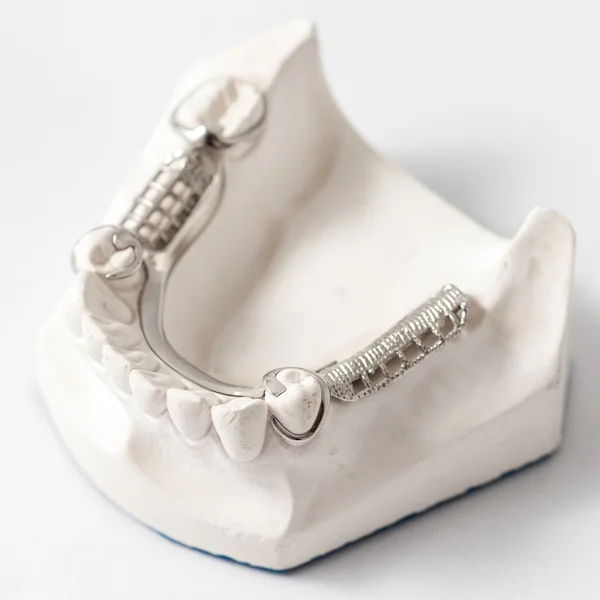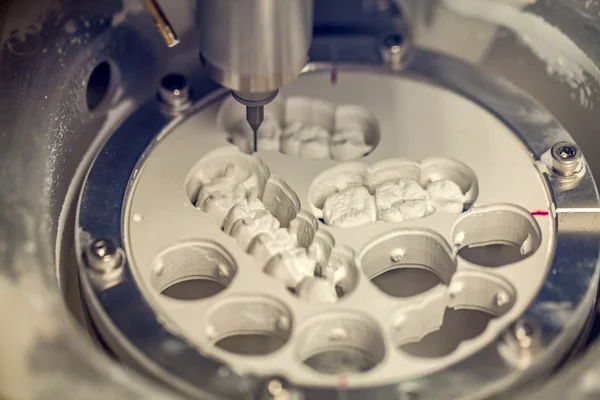Dental Blog - Fairfield, CA
Tips, Facts, And The
Latest In Dentistry

Types of Dental Crown Materials: Which One Is Right for You?

Types of Dental Crown Materials: Porcelain Crowns Overview
Porcelain crowns are a popular choice among the various types of dental crown materials due to their natural appearance and durability. These crowns are crafted to mimic the translucency and color of natural teeth, making them an ideal option for those seeking a seamless blend with their existing teeth. Porcelain crowns are often used in both cosmetic and restorative dentistry, providing a solution that not only enhances the aesthetic appeal but also restores the functionality of damaged or decayed teeth.
When considering the types of dental crown materials, porcelain stands out for its ability to provide a lifelike appearance while maintaining strength. This material is particularly favored for front teeth restorations where appearance is crucial. For more information on how porcelain crowns can restore both function and beauty, visit our page on Dental Crown for Tooth Restoration: Bringing Back Function and Beauty.
Metal Crowns Characteristics
Metal crowns are a popular choice among the various types of dental crown materials due to their durability and strength. These crowns are typically made from alloys that include gold, platinum, or base metals like nickel and chromium. Metal crowns are known for their ability to withstand significant biting and chewing forces, making them an excellent option for molars that endure heavy use. Their metallic color, however, makes them more noticeable, which is why they are often used for out-of-sight teeth.
Another advantage of metal crowns is their longevity. They are less likely to chip or break compared to other types of dental crown materials, providing a long-lasting solution for dental restoration. Additionally, metal crowns require the removal of less tooth structure during preparation, preserving more of the natural tooth. For those considering their options, Affordable Dental Crowns In Fairfield can provide further insights into the benefits of metal crowns.
Ceramic Crowns Features
Ceramic crowns are a popular choice among the various types of dental crown materials due to their natural appearance and ability to blend seamlessly with existing teeth. Made from high-quality porcelain, these crowns are known for their durability and resistance to wear. They are particularly favored for their aesthetic appeal, as they can be color-matched to the surrounding teeth, making them an ideal option for front teeth restorations. Additionally, ceramic crowns are biocompatible, reducing the risk of allergic reactions or irritation, which is an important consideration when exploring different types of dental crown materials.
Resin Crowns Details
Resin crowns are a popular choice among the various types of dental crown materials due to their affordability and ease of application. These crowns are made from a composite resin material that can be color-matched to your natural teeth, providing a seamless appearance. While they may not be as durable as other options, resin crowns are often used for temporary solutions or in areas with lower bite pressure. For more information on dental care options, visit Kuzma DDS Cosmetic & Implant Dentistry, your trusted Fairfield Dentist.
Zirconia Crowns Insights
Zirconia crowns are a popular choice among the various types of dental crown materials due to their durability and natural appearance. Made from zirconium dioxide, these crowns are known for their strength and resistance to wear, making them suitable for both front and back teeth. Their biocompatibility ensures minimal risk of allergic reactions, and they can be color-matched to blend seamlessly with existing teeth. As one of the advanced types of dental crown materials, zirconia offers a balance of aesthetics and functionality, appealing to those seeking a long-lasting dental restoration solution.
Gold Crowns Attributes
Gold crowns are a classic choice among the various types of dental crown materials available. Known for their durability and strength, gold crowns are less likely to chip or break compared to other materials. They are highly resistant to wear and can withstand significant biting forces, making them suitable for molars and other teeth that endure heavy chewing. Gold crowns also have a biocompatible nature, reducing the risk of allergic reactions. While they may not match the natural tooth color, their longevity and performance make them a reliable option in the realm of dental restorations.
Stainless Steel Crowns Basics
Stainless steel crowns are a common choice among the various types of dental crown materials available. Known for their durability and strength, these crowns are often used as a temporary solution to protect a tooth while a more permanent crown is being made. They are particularly popular in pediatric dentistry due to their cost-effectiveness and ease of placement. Stainless steel crowns provide a reliable option for maintaining dental health, especially in situations where a quick and sturdy fix is needed.
Porcelain-Fused-to-Metal Crowns
Porcelain-fused-to-metal crowns are a popular choice among the various types of dental crown materials available. These crowns combine the strength of metal with the natural appearance of porcelain, making them suitable for both front and back teeth. The metal base provides durability, while the porcelain overlay offers a tooth-like appearance, blending seamlessly with natural teeth. This combination makes porcelain-fused-to-metal crowns a versatile option for those seeking a balance between aesthetics and strength in their dental restorations.
Comparing Crown Material Durability
When exploring the types of dental crown materials, understanding their durability is crucial. Different materials offer varying levels of strength and longevity, which can impact their performance over time. For instance, metal crowns are known for their exceptional durability, making them a long-lasting option. Porcelain crowns, while aesthetically pleasing, may not offer the same level of resilience as metal. Ceramic crowns strike a balance between appearance and strength, providing a durable solution with a natural look. Each material’s durability can influence the choice depending on individual needs and preferences.
Conclusion
Understanding the types of dental crown materials can help you make an informed decision; for more information, call us at 707-422-8404 or check out our Google reviews.





